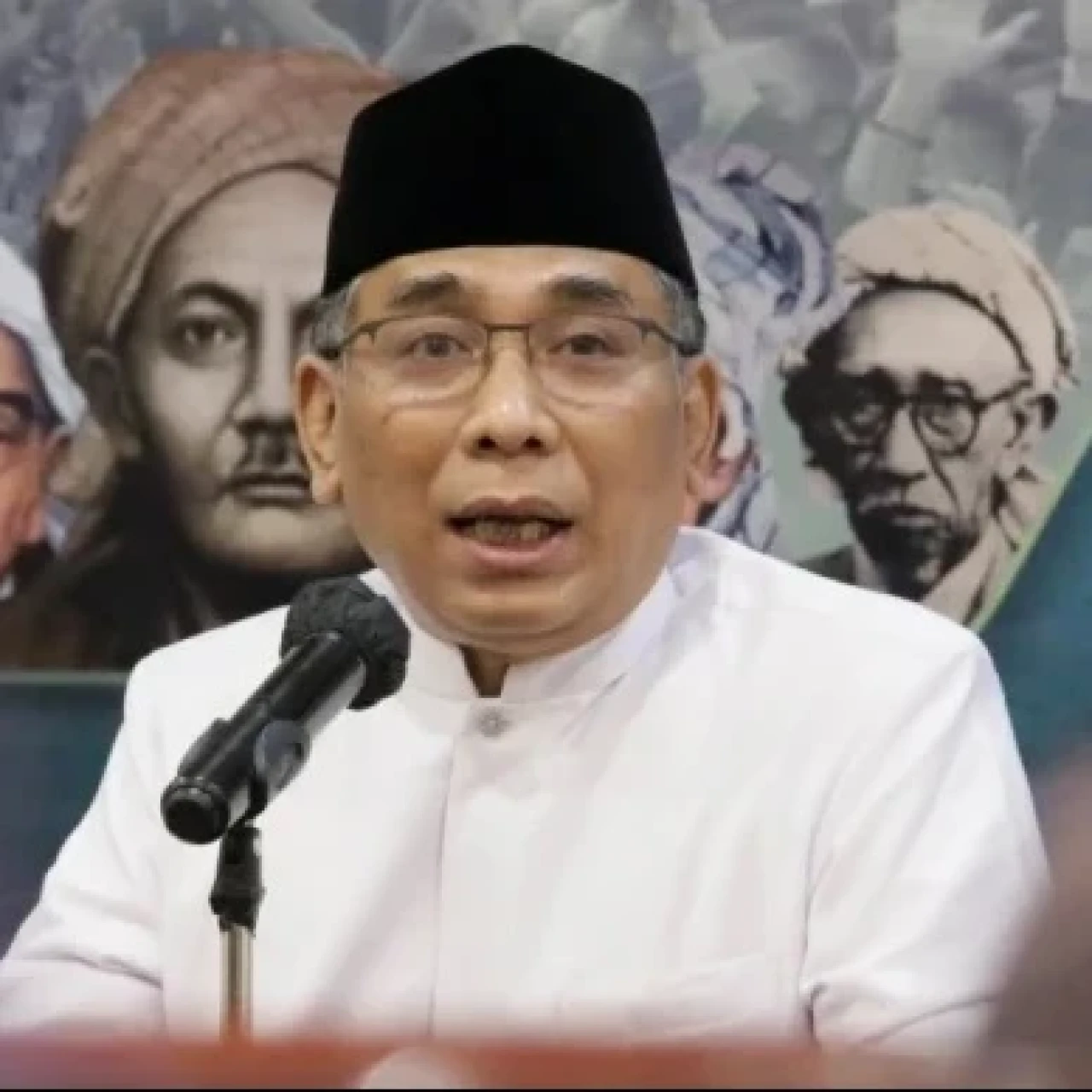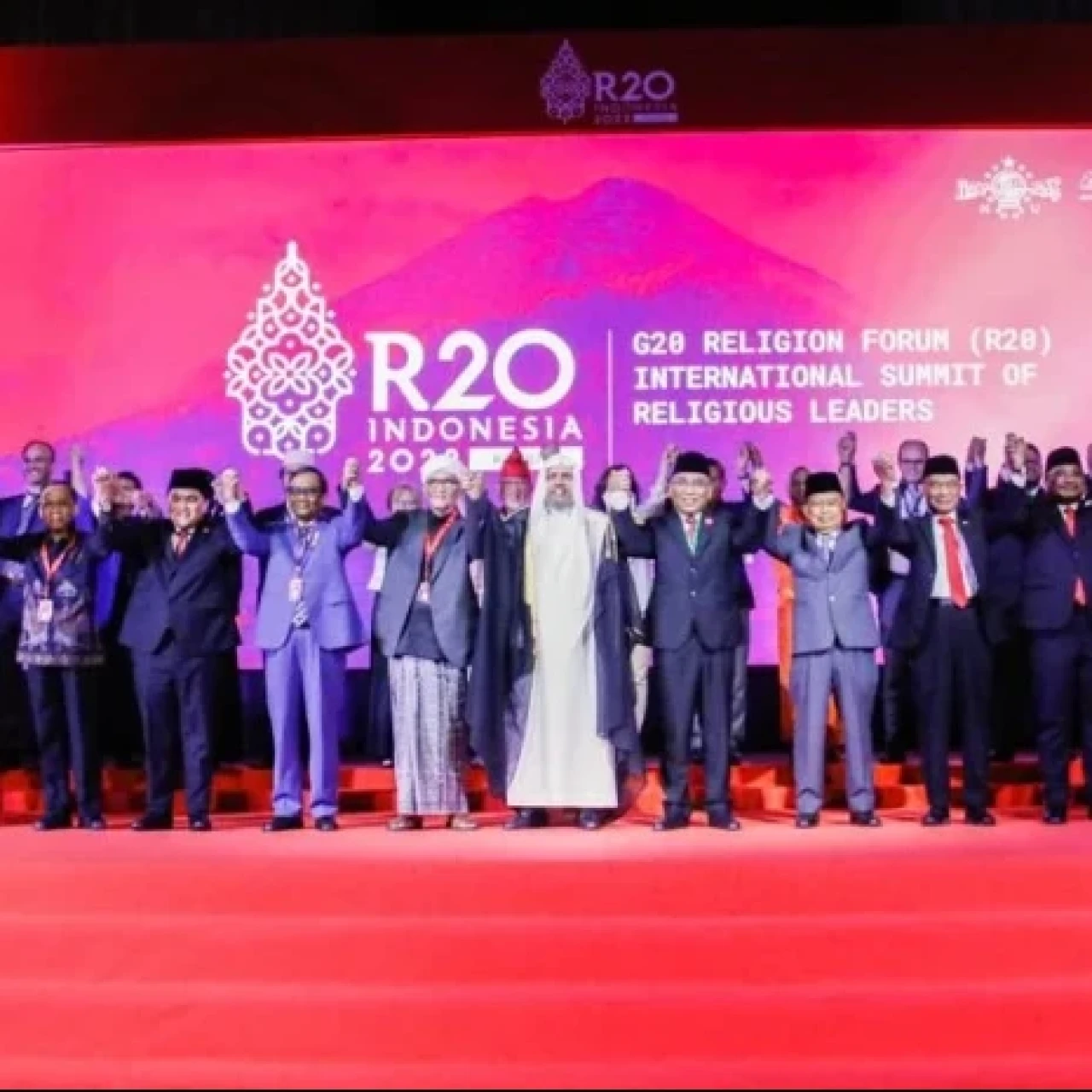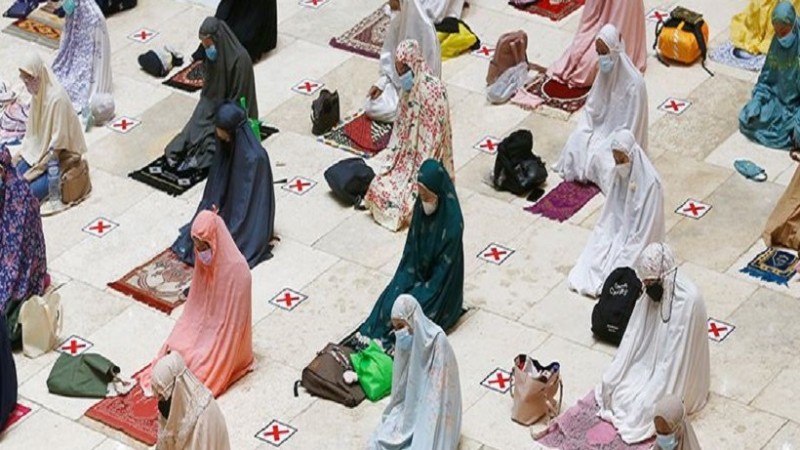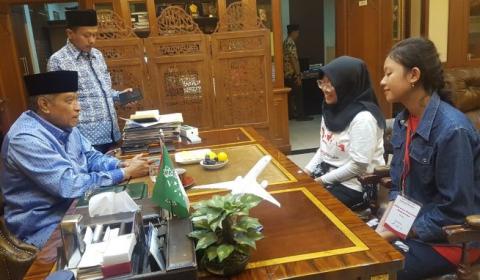CIA Ways of Removing Leaders Distasteful to US Strategic Agenda
NU Online · Senin, 4 Desember 2006 | 07:23 WIB
By Hendrajit
Democracy and secrecy sometimes are not compatible in United States (US), especially in conducting its foreign policy. In treating the countries potentially regarded as unfriendly or hostile to its strategic interests, the Central Intelligence Agency (CIA) as the intelligence organ of American establishment in Washington, was quite often reported to conduct the covert foreign policy such as overthrowing the national leaders considered as uncooperative to the US strategic agenda in the developing countries.
<>Even in the condition where democratic practices seems functioning smoothly but the election would have run counter to the American establishment, by all means available they begin to explore and plan the possibility of sponsoring the opposition forces to bring down the existing government using the symbol of anti-corruption and human right as the major theme of their political action.Just take a look at the orange revolution in Ukraine as a case in point. Ukraine is the newly-established state which separated itself from the Soviet Union turned Russia. The 2004 presidential election in Ukraine featured two candidates. One was the incumbent Prime Minister Victor Yanukovyich. The rival candidate was Victor Yushchenko, former Prime Minister in the period of 1999-2001.
In the presidential election which was held in a highly charged atmosphere, on 24 November 2004 Yanukovych was officially certified as the winner by the Central Election Commission.
The next morning after the certification took place, his rival candidate Yushchenko spoke to supporters in Kiev, urging them to begin a series of mass protests, general strikes and sit-ins with the intent of crippling the government and forcing it to concede defeat.
According to Yuschenko’s version, election was colored by fraud in favor of the government-backed Yanukovych. On the other hand, demonstration for public suppport for Yanukovych were held through out eastern and souhtern Ukraine, the stronghold of Victor Yanukovych.
Unfortunately, due to Yushchenko's connections to the Ukrainian media and fully supported by foreing observers, the pro Yanukovych supporters failed to gain its legitimacy for defending its victory in the eyes of the general public.
Finally, the Ukraine’s Supreme Court finally the polical deadlock by ordering a revote of the run-off to be held on 26 December 2006. This decision was seen as a victory for the Yushchenko camp.
The December 26 revote was held under intense scrutiny of local and international observers. The preliminary results, announced by the Central Election Commision on December 28, gave Yushchenko and Yanukovych 51.99% and 44.20% of the total vote, respectively.
Some oberserves said that the result of last election gave the clear picture over the success story of US political elites in Washington to lauch character assasination to Yanukovych.
During the election process, Yanukovych was unfairly reported by the press as being convicted of robery and assault. He was also reported of having alleged connection with corrupt businessmen. And worst still, if he were to ascend to the presidency by fraud.
Many analysts alos believed that the so-called Orange Revolution was sponsored by the US and Western Countries in geneal. The Orange revolution was the result of extensive grassroots campaigning and coalition-building among the opposition. Each included election victories followed up by public demonstrations.
Threre were also strong evedence that Activists in each of these movements were funded and trained in tactics of political organization and nonviolent resistance by a coalition of Western pollsters and professional consultants funded by a range of Western government and non-government agencies.
According to The Guardian, these include the US State Department and USAID along with the National Democratic Institute, the International Republican Institute, NGO Freedom House.
Seen from the US perspective, the victory of Yanukovych was very dangerous political development as the Russian Presiden Vladimir Putin had clearly express his support behind Yanukovych from the very beginning of election.
Putin repeatedly congratulated Yanukovych while the results were still contested, which was soon to embarrass both parties. Yanukovych received a much more preferential treatment in Russian state-controlled media, and was surrounded by Russian consultants known to be close to the Kremlin throughout the election cycle. Most o
Terpopuler
1
Gus Yahya Sampaikan Selamat kepada Juara Kaligrafi Internasional Asal Indonesia
2
Menbud Fadli Zon Klaim Penulisan Ulang Sejarah Nasional Sedang Uji Publik
3
Guru Didenda Rp25 Juta, Ketum PBNU Soroti Minimnya Apresiasi dari Wali Murid
4
Khutbah Jumat: Menjaga Keluarga dari Konten Negatif di Era Media Sosial
5
PCNU Kota Bandung Luncurkan Business Center, Bangun Kemandirian Ekonomi Umat
6
Rezeki dari Cara yang Haram, Masihkah Disebut Pemberian Allah?
Terkini
Lihat Semua













